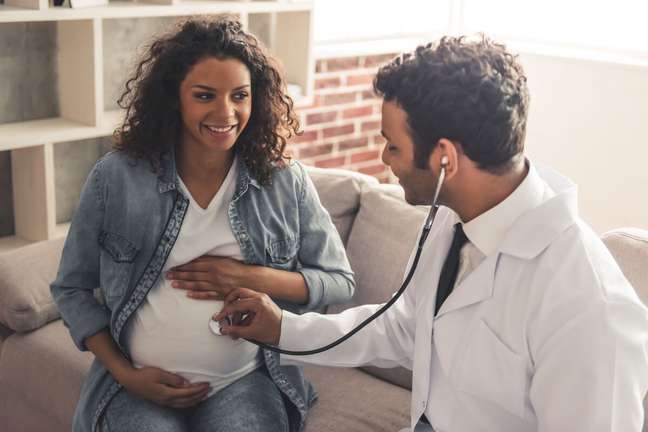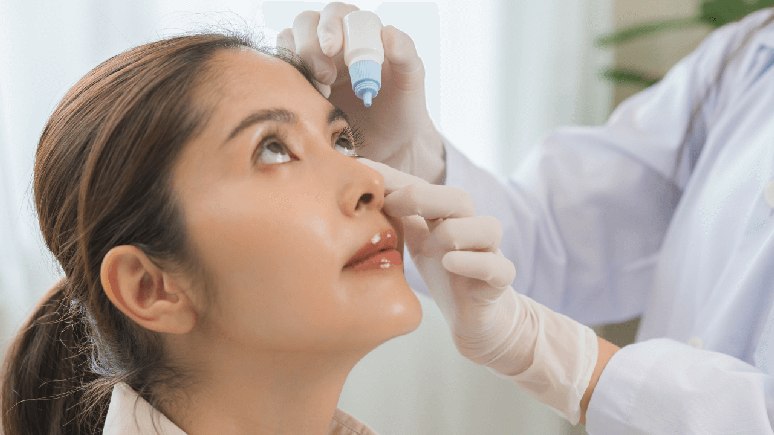Doctors explain what problems can affect pregnant mother and baby after 40 years
It is very common for women to plan on having children later on and on. Be it because of career, financial stability, lack of a solid relationship, among many other reasons. In the last decade, according to data from the Information System on live births of the Ministry of Health, the number of women who became pregnant after the age of 35 has grown by 84% in Brazil. However, it is important to know that the health risks for both the woman and the baby increase with age.

Is there an ideal age for a woman to get pregnant??
According to the doctor. Rodopiano Florêncio, specialist in gynecology and human reproduction, the ideal age for a woman to get pregnant is under 35, or up to 37. This is because, after the age of 38, the miscarriage rate increases. Furthermore, the possibilities of get pregnant naturally also decrease with age.
Risks of late pregnancy
About 90% of the eggs in a woman over the age of 40 have a genetic defect. Furthermore, the chances of getting pregnant naturally begin to decline from the age of 27 and decrease even more as we age.
“In pregnancy late, over 38 years, there is a greater chance of miscarriage and a greater risk of chromosomal diseases [como a síndrome de Down]and these problems are accentuated beyond the age of 40 “, warns Dr. Rodopiano Florêncio.
On the other hand, the gynecologist Dr. Fábio Passos eases the tension about late pregnancy. “Today, with women practicing more and more physical activity and taking care of food, the risks are less and less,” he says.

Pregnancy after the age of 40
You have to be careful when the first pregnancy it manifests itself from the age of 40, because, in this case, other complications can arise. In addition to the aforementioned possibilities of miscarriage and chromosomal diseases, obstetric problems can also occur, as explained by Dr. Fiorenzo Rodopiano.
“For the woman who will undergo treatment to get pregnant (assisted reproduction), the ideal is that she does the genetic study of the embryos before transferring them. This will reduce the chances of chromosomal diseases”, advises the specialist.
age difference
As for the psychological aspect, many people believe that the large age difference between mother and children can interrupt the relationship and cause harm to the child. child development. But, according to Dr. Fábio Passos, this is more a question of custom, of some patterns that are constantly changing.
“Just as it was strange in the past to have divorced parents, today it becomes more common to have teenage children with parents in their 60s,” she adds. Furthermore, the financial stability and maturity of the parents can be a great advantage.
Source: Terra
Benjamin Smith is a fashion journalist and author at Gossipify, known for his coverage of the latest fashion trends and industry insights. He writes about clothing, shoes, accessories, and runway shows, providing in-depth analysis and unique perspectives. He’s respected for his ability to spot emerging designers and trends, and for providing practical fashion advice to readers.






![Un Si Grand Soleil preview: Thursday 16 October 2025 episode recap [SPOILERS] Un Si Grand Soleil preview: Thursday 16 October 2025 episode recap [SPOILERS]](https://fr.web.img6.acsta.net/img/23/e8/23e803cee5b560481303033f6e86fd7e.jpg)
